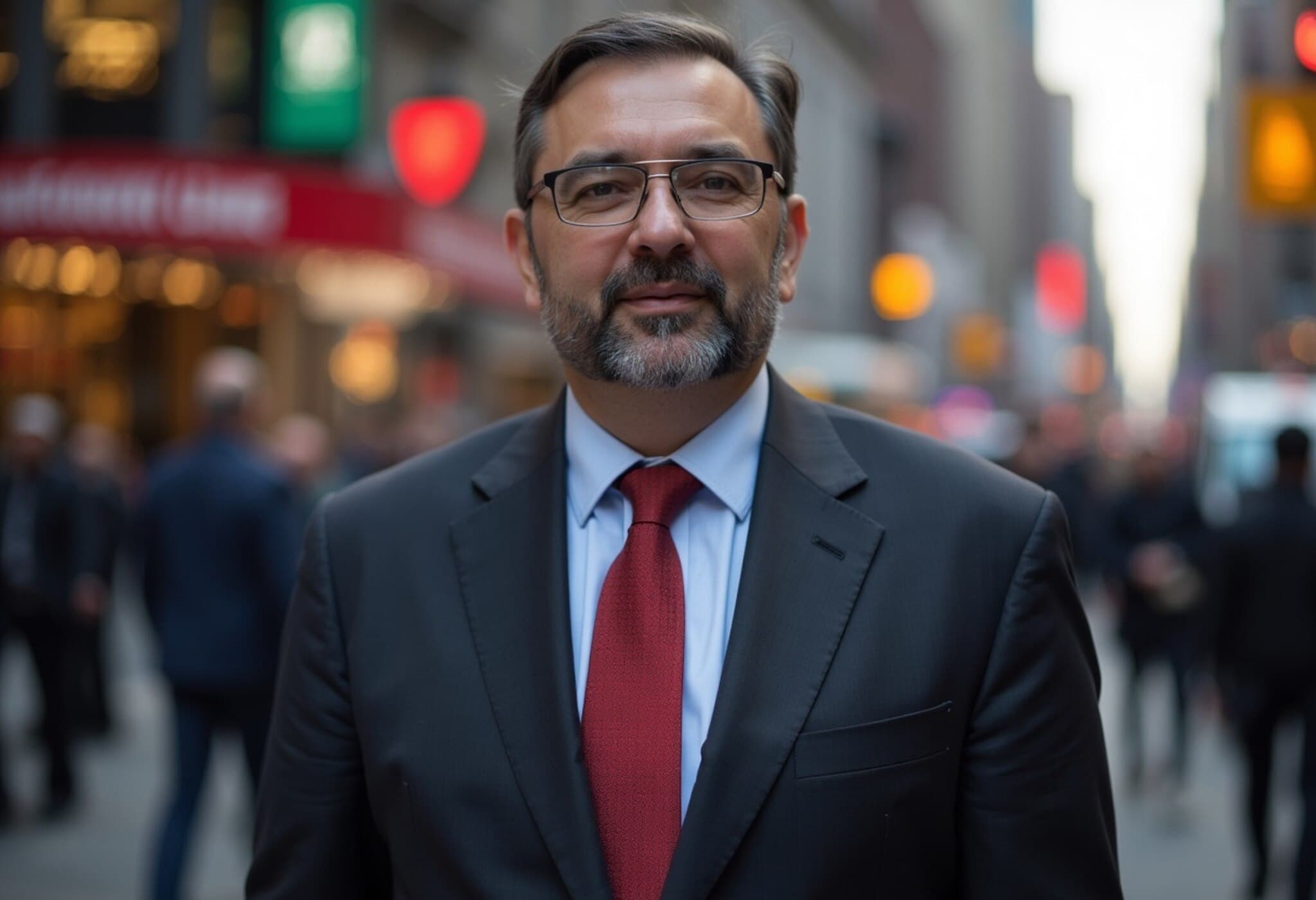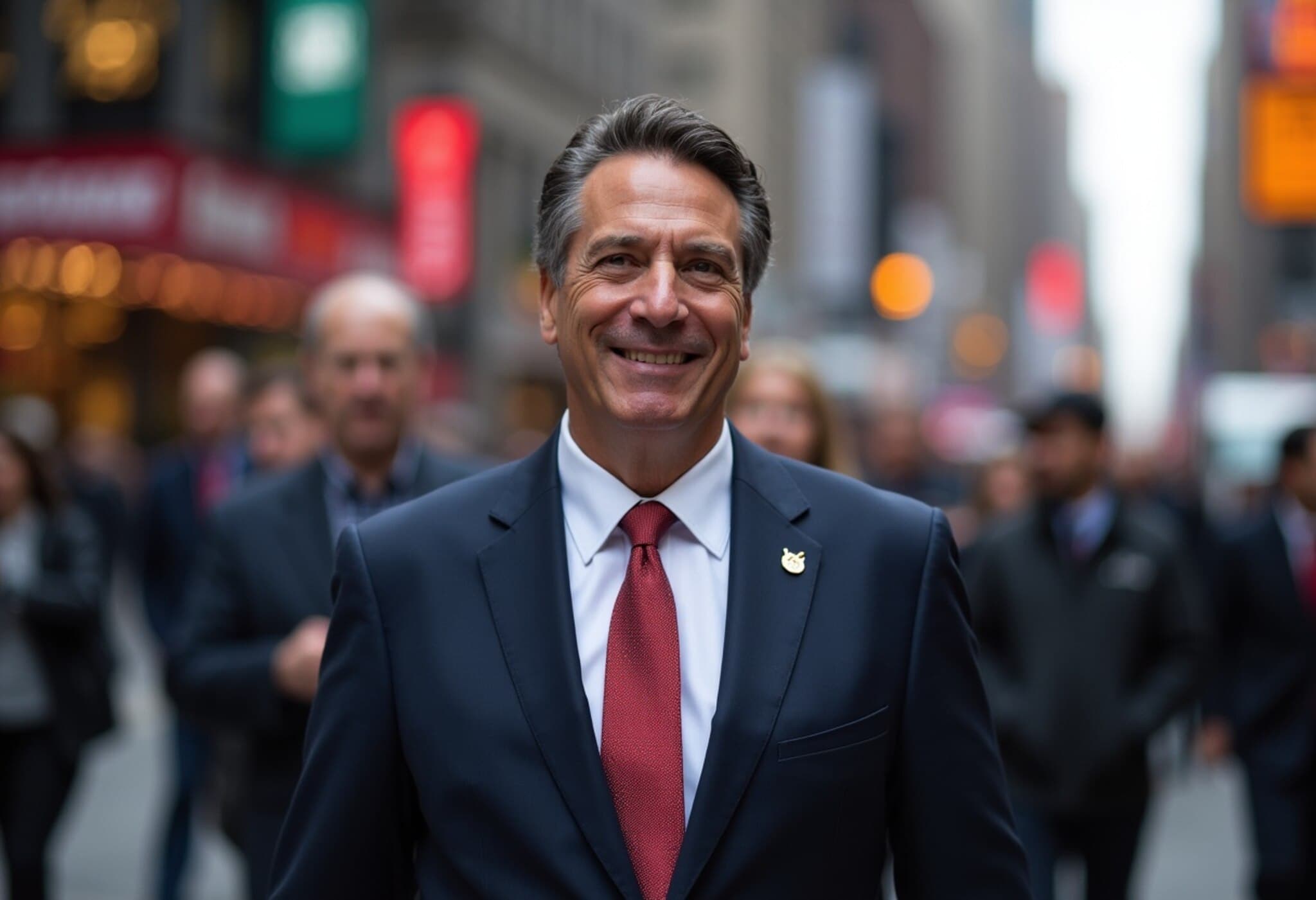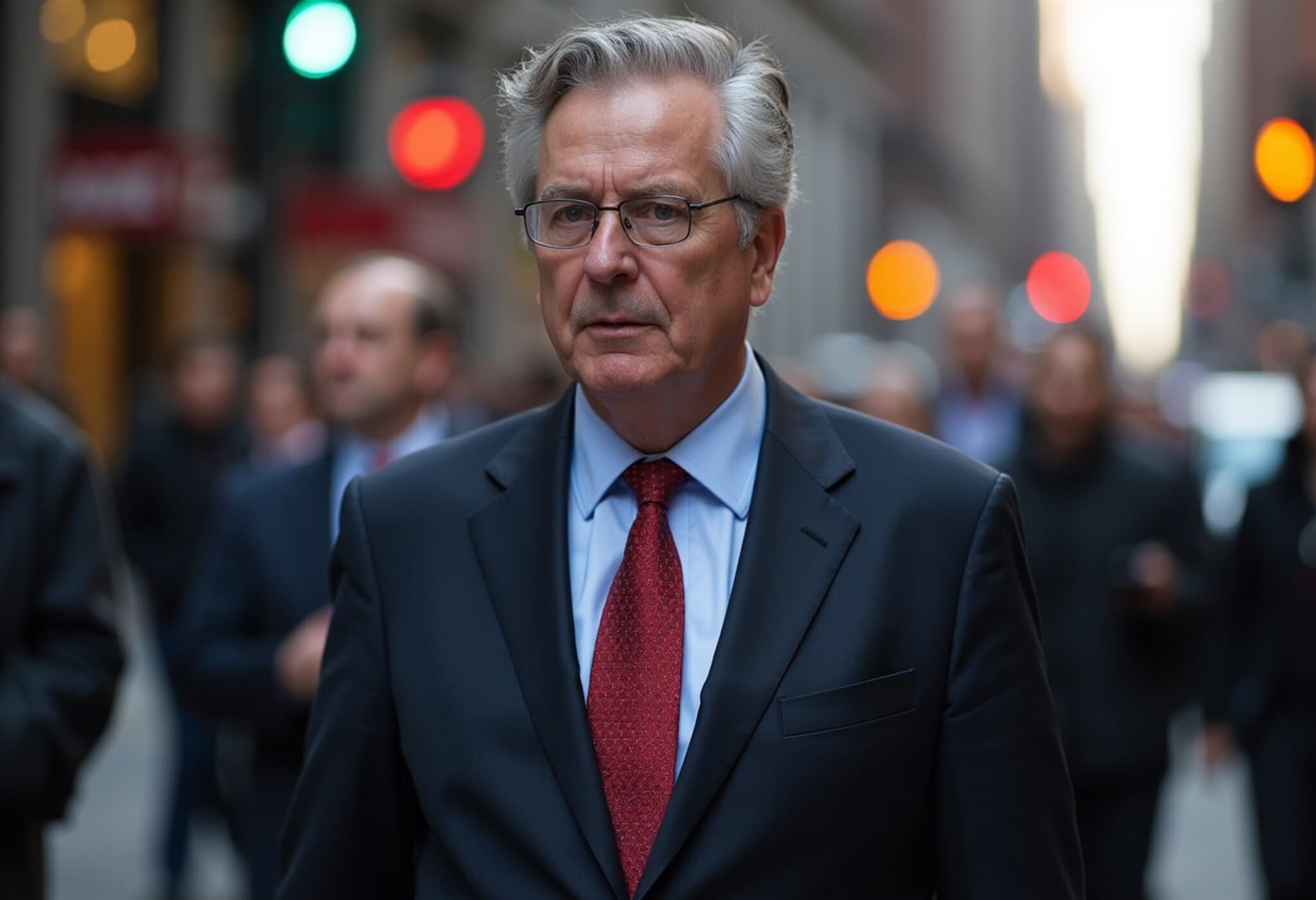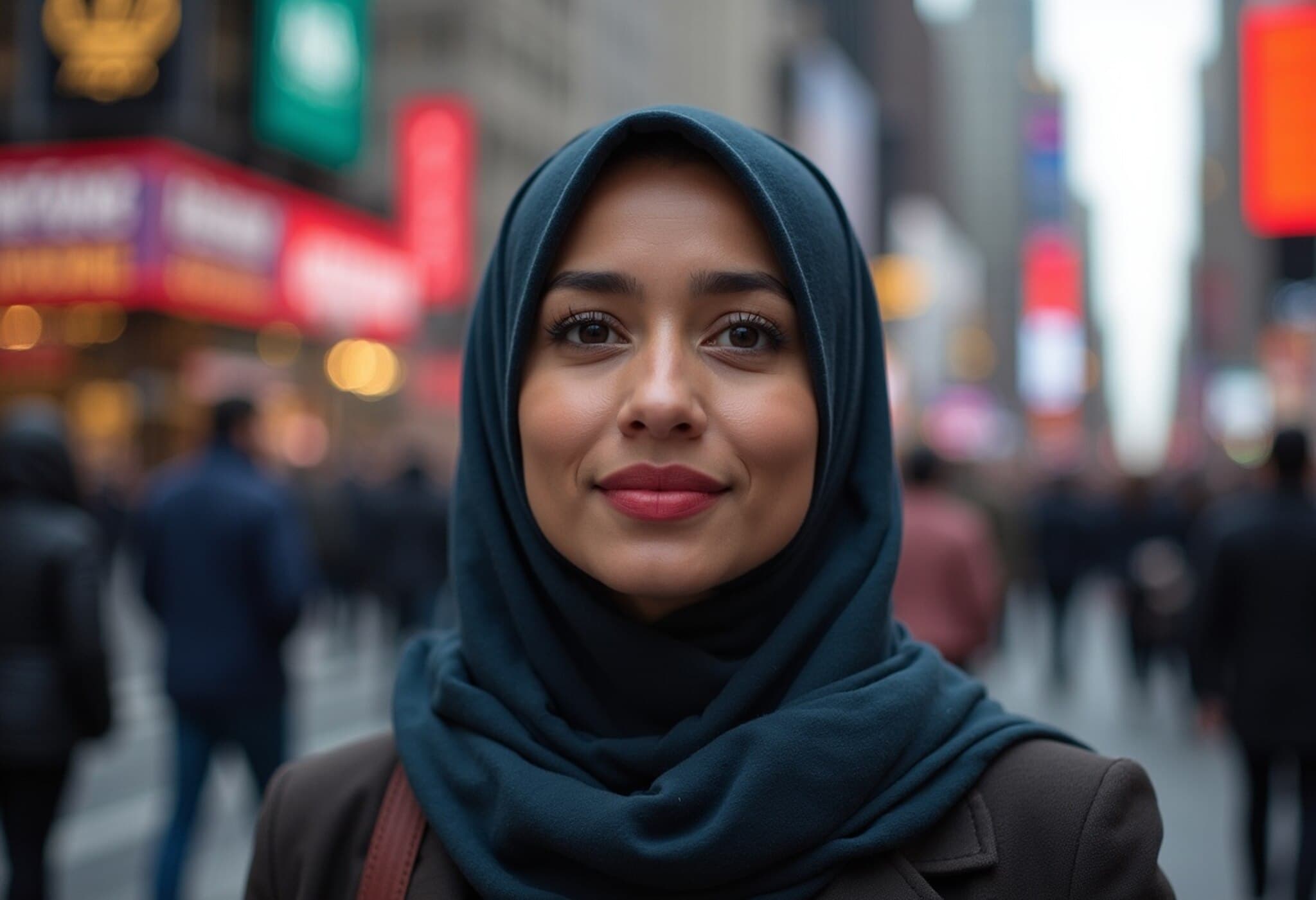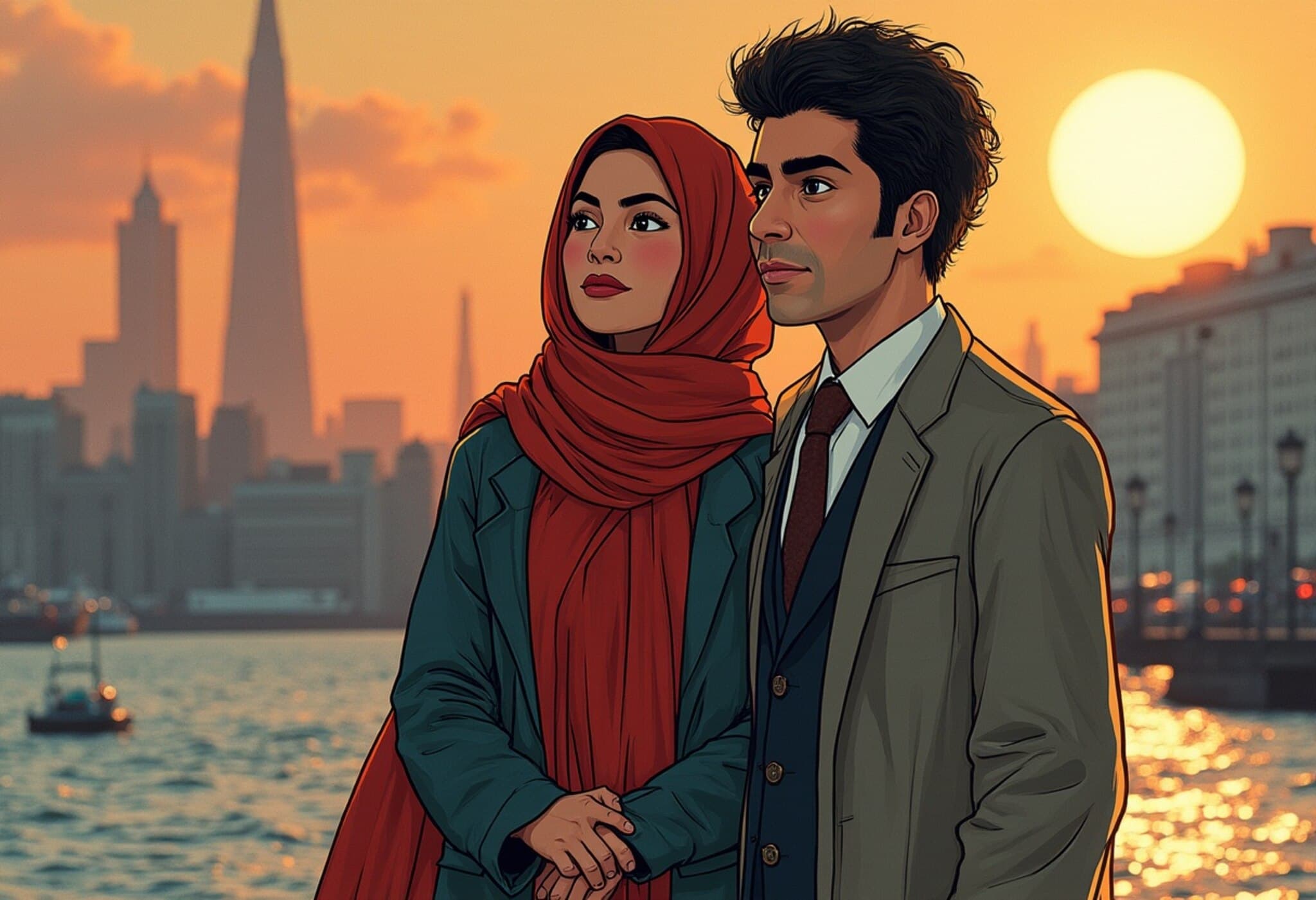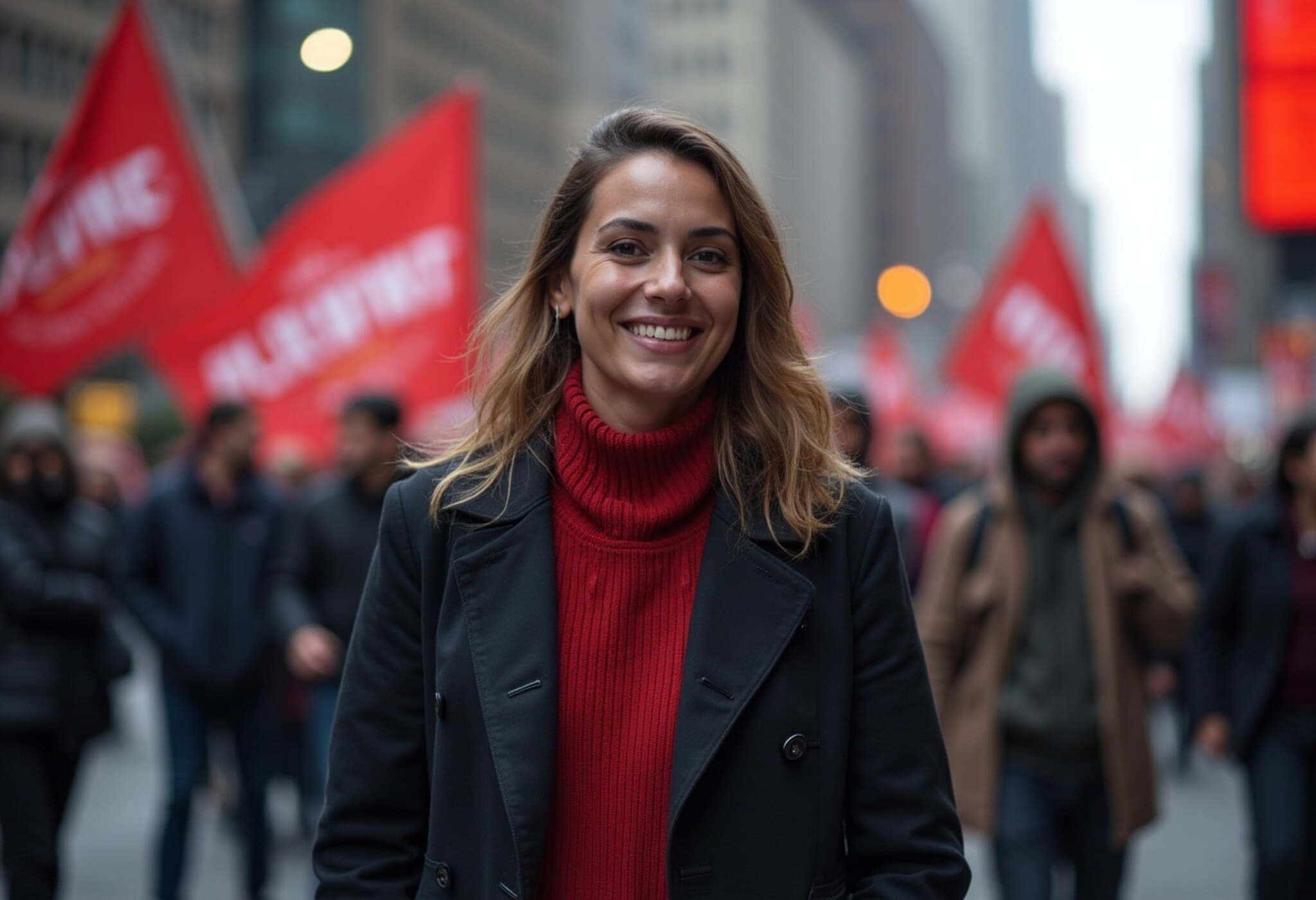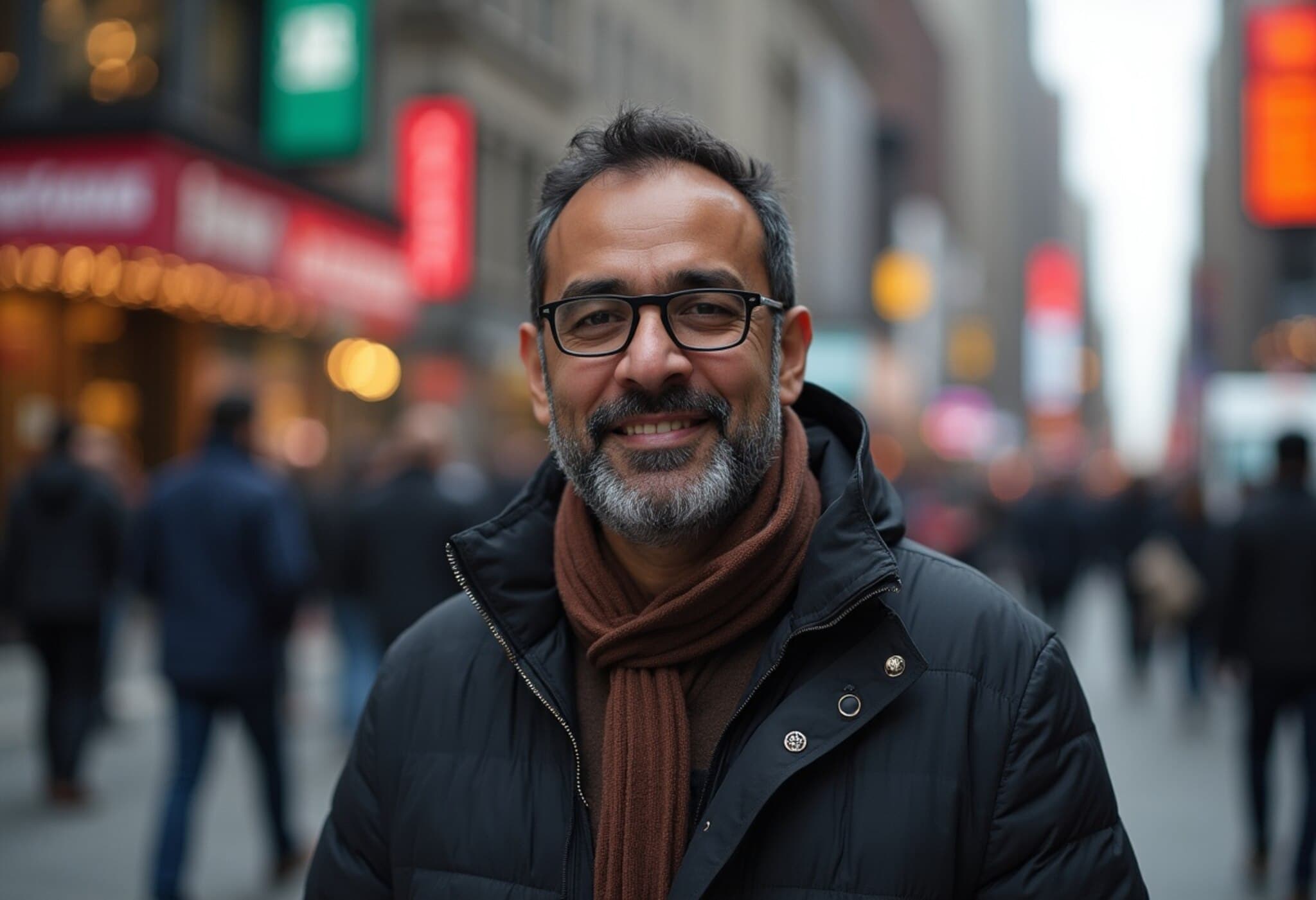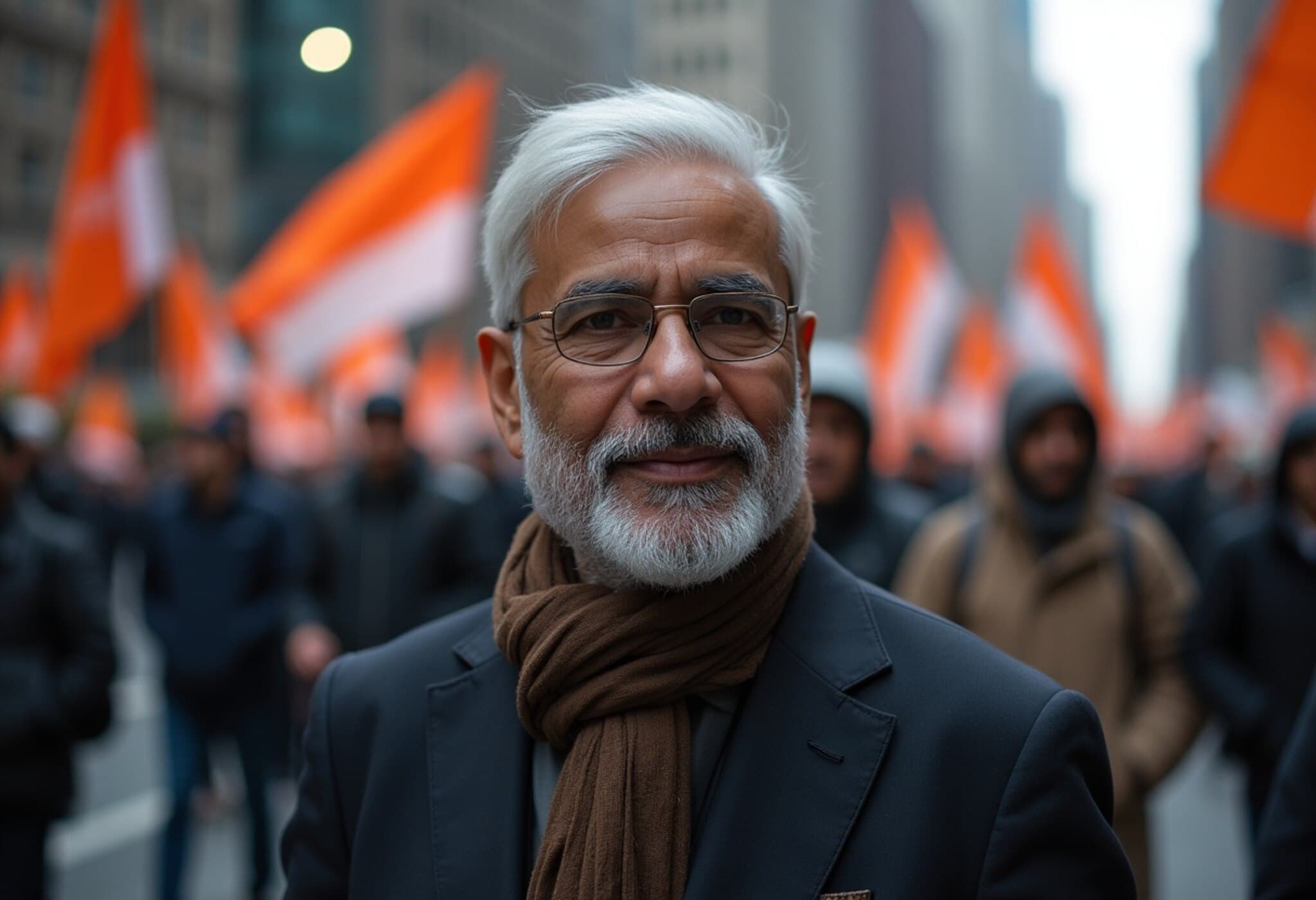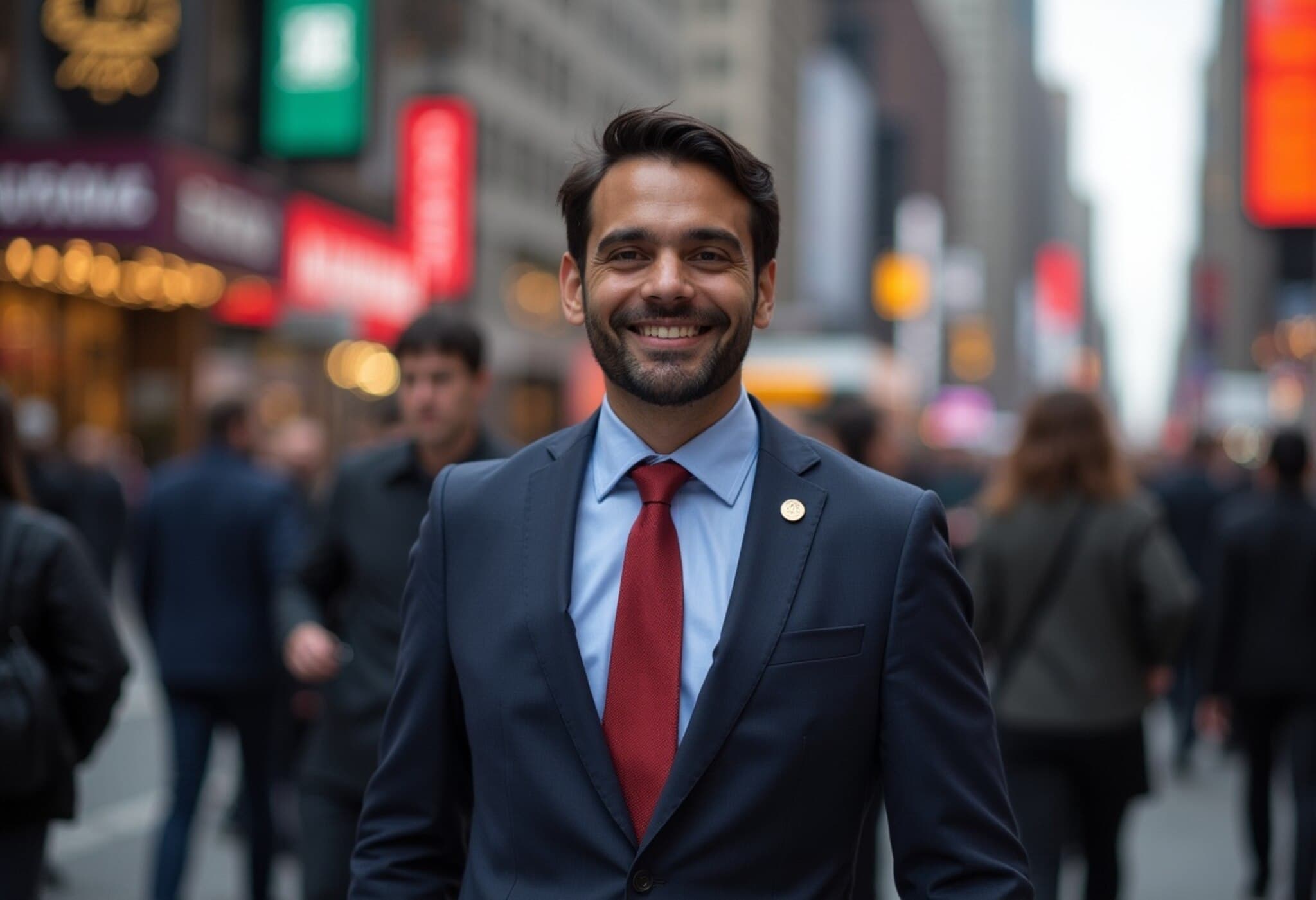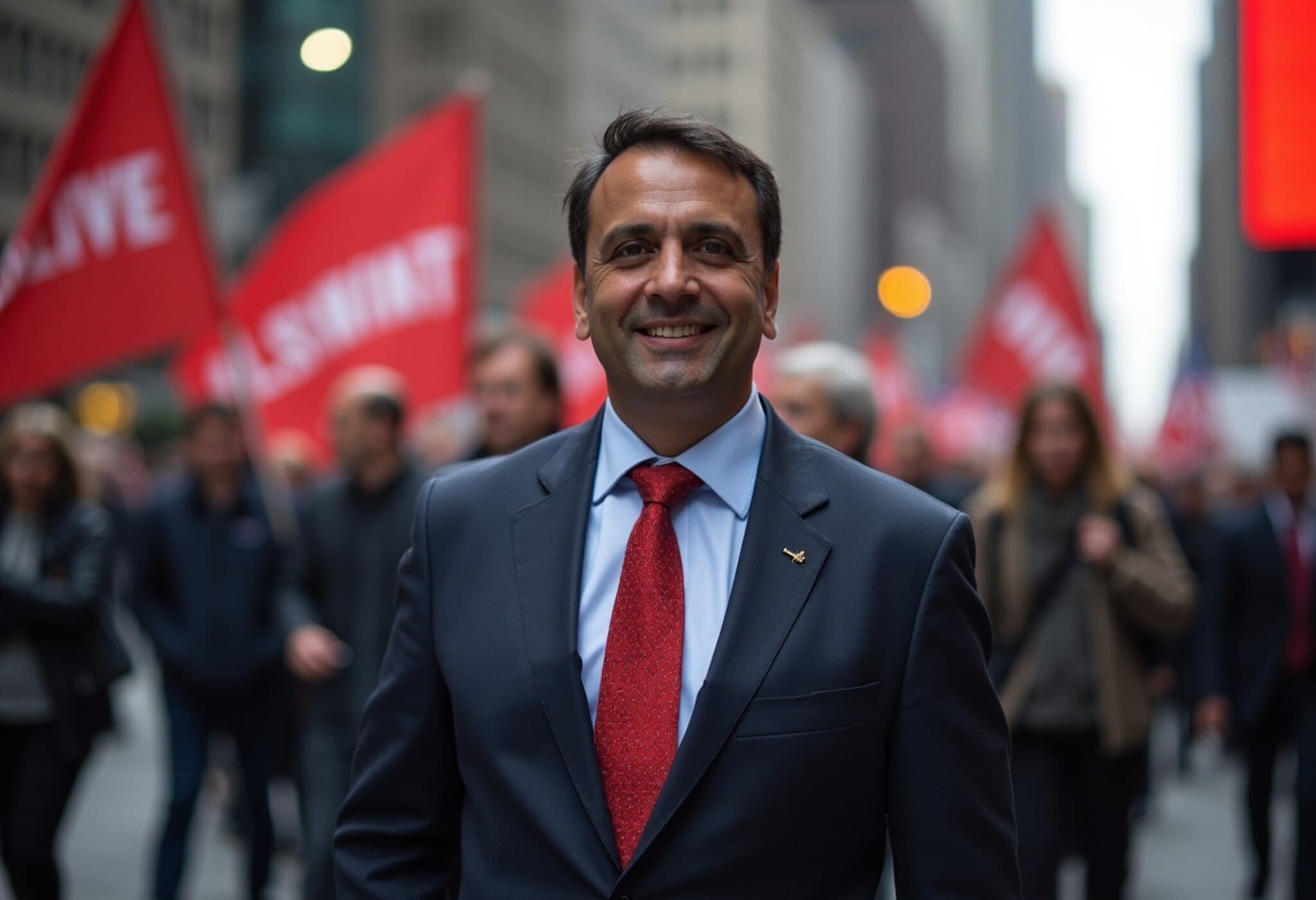Zohran Mamdani’s Surprising Rise in New York Mayoral Race
At just 33 years old, Queens Assemblyman Zohran Mamdani has made headlines by defeating former New York Governor Andrew Cuomo in the primary elections, securing 43.5% of the vote compared to Cuomo’s 36.3%. Mamdani now heads to the November mayoral election promising sweeping changes across multiple fronts including housing, economic justice, transit, and a foreign policy stance that has sparked national discussion.
A Bold Stand on Israel-Palestine Conflict
One of the most talked-about aspects of Mamdani’s campaign is his outspoken criticism of Israel’s military actions. Referring to Israel’s recent operations in Gaza as a "genocide," he supports the Boycott, Divestment, and Sanctions (BDS) movement, advocating for New York City to sever ties with companies operating in Israeli settlements.
While Mamdani acknowledges Israel's right to exist and condemns violence against civilians on all sides, he has been a vocal critic of the Israeli government’s response following the October 7 Hamas attacks. In a controversial statement, he declared he would arrest Israeli Prime Minister Benjamin Netanyahu if the latter visited New York City, citing international law and the International Criminal Court’s arrest warrant.
Mamdani's advocacy dates back to his college days, where he co-founded a chapter of Students for Justice in Palestine. His mother, a renowned filmmaker, shares similar views, having boycotted Israeli cultural events to protest what she describes as apartheid-like policies.
Core Campaign Policies Driving Change
Housing and Rent Reform
Mamdani places housing at the center of his agenda, proposing an immediate rent freeze on all rent-stabilized units. He also plans to establish a Social Housing Development Agency with the goal of building 200,000 publicly owned affordable homes over the next decade. This initiative would be funded by raising taxes on millionaires and large corporations.
Economic Justice
To tackle economic inequality, Mamdani proposes a 2% income tax on individuals earning over $1 million, alongside increased corporate taxes. These reforms are expected to generate approximately $20 billion in revenue, earmarked for universal childcare, tuition-free public colleges, subsidized grocery stores in low-income neighborhoods, and fare-free public transportation. He has also called for a $30 per hour minimum wage by 2030.
Public Transit and Climate Initiatives
Building on existing pilot programs, Mamdani aims to make all Metropolitan Transportation Authority (MTA) buses permanently fare-free and freeze subway fares to ease financial burdens on commuters. His comprehensive transit plan includes enhanced congestion pricing, expanded bike lanes, and improved connectivity between boroughs—all designed to cut car dependency and combat climate change.
Childcare and Education
Promising city-funded universal childcare and pre-kindergarten programs, Mamdani also supports tuition-free education at CUNY and SUNY colleges. Furthermore, he proposes taxing private universities that currently avoid paying property taxes, seeking a fairer system.
Reimagining Public Safety
Rejecting traditional policing models, Mamdani advocates for the creation of a Department of Community Safety focused on housing, mental health care, and community outreach. He also intends to increase funding for anti-hate initiatives by 800%, targeting antisemitism, Islamophobia, and anti-Asian violence.
Support for LGBTQ+ and Immigrant Communities
Mamdani’s platform supports expanded gender-affirming care and proposes establishing an LGBTQIA+ Affairs Office to better represent and serve these communities. He is a strong supporter of sanctuary protections for undocumented immigrants and emphasizes legal aid and language access, particularly benefiting Muslim and South Asian populations.
What Lies Ahead
With a platform that blends progressive domestic policies and a unique foreign policy perspective, Zohran Mamdani has emerged as a formidable contender in New York City’s mayoral race. His candidacy signals a shift toward more vocal advocacy on international human rights issues while addressing pressing city concerns including housing, economic inequality, and public safety.

